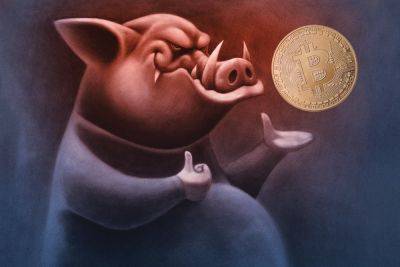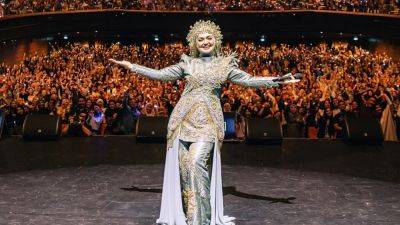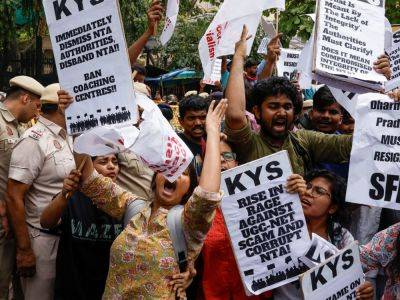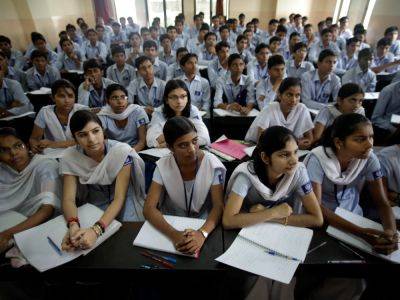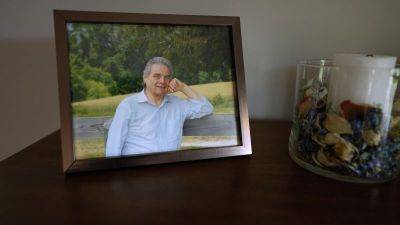Dutertismo: A scam exposed?
September 3, 2024
MANILA – Our great founding fathers were, at once, impeccably cosmopolitan and also passionately patriotic. The likes of Jose Rizal often made a distinction between “Patria Grande” and “Patria Chica.” The first referred to their attachment to Mother Spain, while the second referred to attachment to their place of birth, namely the Philippine Islands. While the former had a more cosmopolitan sensibility, the latter had a more organic “blood and soil” geographic rootedness.
Among them, Isabelo de los Reyes was singular in ways, which are, paradoxically, more relatable to contemporary Filipinos. “Among his contemporaries, [he] had the strongest sense of where he was coming from,” argues Resil Mojares, even as he was constantly accused of “Ilocanoism”—namely tribalistic obsession with his ethnolinguistic roots.
“No one was as local as Isabelo. He bannered his being Ilocano and identified not only with his home region but [also] the [marginalized] ‘tribes’ of the islands, calling himself ‘brother of the wild Aetas, Igorots and Tinguians’ (hermano de los selvaticos aetas, igorrotes y tinguianes),” Mojares explains in “Brains of the Nation.”
What made him even more relatable to Ilocanos like yours truly was his pristine egalitarianism and sheer personal self-discipline. Here was a man who, according to Mojares, “did not smoke, drink, or gamble … educated but not elite, bourgeois but not aristocratic.” Crucially, he was a naturally democratic man who could deal seamlessly with “stevedores and tobacco workers as with bishops and governors.”
As a Baguio boy, I have always been keenly conscious and proud of my Ilocano roots and values, especially our egalitarianism, meritocratic bent, and, yes, frugality. But



